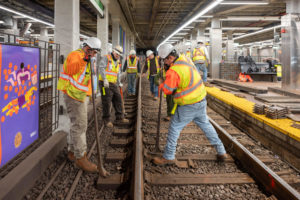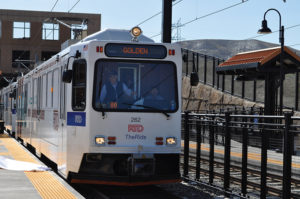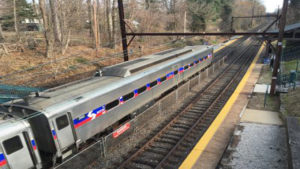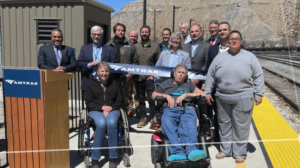WMATA, Regulator Clash Over Safety, Plan to Use Suspended Rail Cars
Written by Kyra Senese, Managing Editor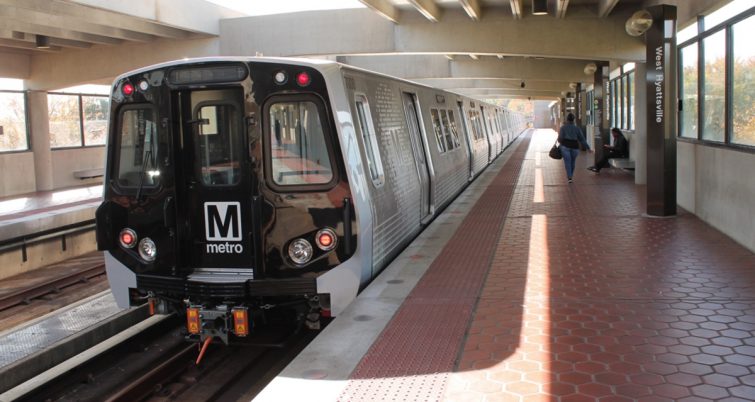
New conflicts between the Washington Metropolitan Area Transit Authority and its regulator have called into question the effectiveness of an oversight arrangement established by Congress six years ago to make service safer, lawmakers say.
According to a Jan. 17 Washington Post report, the dispute between WMATA and the Washington Metrorail Safety Commission is the second to become public in three months, prompting WMATA board members to call for outside mediation as well as structural changes to a relationship they say has become untenable.
The commission and WMATA have reached an impasse over the agency’s intention to boost service by employing more of its suspended 7000-series rail cars, the Post reported. The commission halted WMATA’s implementation of the plan while it investigates potential flaws in train operator and track worker training processes, some of which WMATA has acknowledged.
The conflict’s importance is highlighted as the commission works to ensure safety after years of WMATA violations and the 2015 death of a passenger due to smoke inhalation, the article states. Officials believe the ongoing disputes threaten the agency’s plans for improving train frequency as well as its aims to mitigate financial losses.
On Jan. 16, WMATA convened a press conference to protest the safety commission’s recent actions.
“The spirit by which the relationship exists at this point has really devolved into what feels like a lot of gotcha-type of behavior and not constructive toward understanding that [WMATA] has a job to do to move the region, as well as being safe,” said WMATA board member and Loudoun County Supervisor Matthew F. Letourneau.
WMATA General Manager Randy Clarke said: “We could have been better in documentation, but documentation should not be conflated that everything we do has to actually then be approved by the [safety commission].”
WMATA on Monday urged elected leaders to intercede, but the Post reports that legislators remained unstirred. Rep. Gerald E. Connolly (D-Va.) stated that he would not allow WMATA to revert to a time when inadequate oversight coincided with deadly accidents, regular track fires, and other incidents.
The safety commission informed WMATA last week that it was examining a number of concerns after discovering that the agency was training track workers using outdated safety standards, the Post reported. The commission also said it learned several new train operators had not completed the minimum eight hours of rail yard training with an instructor.
Officials were also investigating whether technicians were resuming service on trains that WMATA engineers had flagged, something the agency disputed and claimed was mischaracterized, according to the Post.
WMATA stated that due to a train shortage, the agency integrated rail yard training with passenger service training. WMATA admitted to not informing the commission or recording the change, but said that its newest personnel are adequately trained, the Post reported.
WMATA officials say their main gripe is that the commission is preventing them from taking steps toward restoring pre-pandemic service levels. The agency was permitted to gradually reintroduce its 7000-series rail cars under an October 2022 agreement if the cars passed wheel checks every four days. If no concerns surfaced, WMATA would be able to scale back the inspections to every seven days, freeing up additional cars for passenger service, the Post reported.
However, the safety commission informed WMATA that it cannot proceed. WMATA officials, who aim to lower train wait times on certain lines to five minutes this summer, claim the commission overstepped its jurisdiction, according to the Post.
Elected officials have stated that they want to hear from both agencies in order to understand why they can’t work together. Maryland House Majority Leader Marc A. Korman said state officials have invited representatives of both organizations to a hearing in the hopes of better resolving the problems at hand, the Post reported.
“We appreciate the Washington Metrorail Safety Commission for their expedited review and stay of their directive related to rail operator training. Customers are the real winners in this process,” WMATA said in a Jan. 16 release. “We also appreciate WSMC’s commitment to timely consider our petition on moving to Phase 3 of our 7000-series train Return to Service plan.”
Additional recent reporting on WMATA by RT&S is available here.

